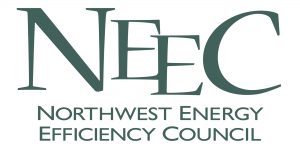The Washington State Department of Commerce hosted its first Clean Buildings rulemaking stakeholder session of 2020 at the Smart Buildings Center last week. Representatives from the Department of Commerce and its consultants (SBW and 2050 Institute) led discussions on proposed modifications to ASHRAE 100, Sections 1, 2 and 3, as well as the methodology for determining the mean energy use for a building type and the Energy Utilization Intensity Targets (EUIt). Participants provided feedback on a broad range of items with some expressing concern that it will be difficult to account for unique energy loads in certain types of facilities (e.g. research labs and hospitals) such that a mean can adequately represent a building type. Consultants offered that alternative compliance is permitted by the legislation, but that they are aware of these concerns and will do their best to leverage best practices in addressing them. Stakeholders also expressed interest in how the incentive program will coordinate with utility programs, and how electric and gas utilities might work through concerns over fuel switching—no resolutions were offered since this diverged from the overall purpose of the workshop, but it is a concern that is regularly raised at these discussions. Another participant noted that while the utility efficiency programs have been successful at achieving equipment efficiency improvements, these improvements have not always resulted in an overall building level improvement in efficiency for a variety of reasons including poor or inaccurate approaches to operating new equipment and facilities overall.
Materials from the workshop and details about upcoming workshops are available HERE.
The Department of Commerce is accepting comments on the proposed draft as well as the EUIt methodology until February 14th. Comments should be emailed to: buildings@commerce.wa.gov
